The End(s): Does Deus Ex's changed ending really matter?
Small sections of the internet were set ablaze this week amidst reports that Deus Ex: Mankind Divided would not allow for save game transfers, all but invalidating the wider consequences of players’ actions in the last game - not least when it comes to Human Revolution’s ending. That game closed by letting you choose between several disparate courses of action - and here comes your spoiler warning - from going full Snowden and publicly revealing Illuminati meddling with augmented human brains to just imploding the big underwater base you’re in at the time and vainly hoping that humanity will sort itself out (also: that you’re packing some high-grade robo-lungs).
None of this matters, as it turns out. Lead character, Adam Jensen is the returning protagonist of the direct sequel, and an ending has been canon-ised. For all we know at this point, it might not even be an ending offered by Human Revolution at all. Those choices have been reduced to alternate histories, tantalising glimpses at the directions Eidos Montreal could have taken its story. Some people are very upset by this.
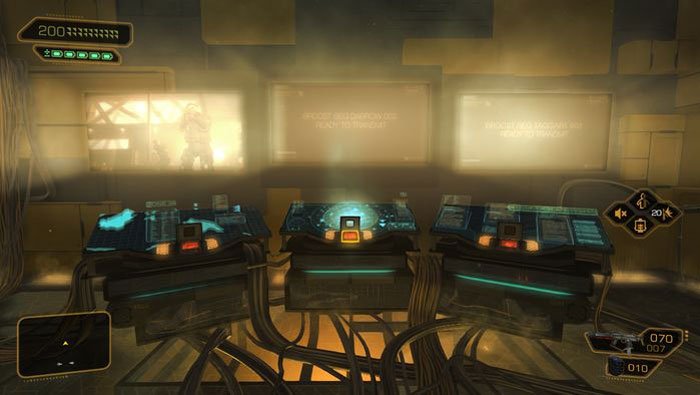
It’s not the first time players and designers have been at loggerheads over a scuppered conclusion. Mass Effect 3’s the prime example. Bioware created a game - and, more pertinently, a series - saturated in political and moral decision-making, bringing the video game player’s power trip to a natural conclusion by having them intricately shape the make-up of an entire galaxy. That it originally ended with a sequence that gave little hint as to how those actions changed anything post-game became tinder for one of the Internet’s larger flash fires.
Will Porter, Creative Director at The Indie Stone and Writer on Alien: Isolation, sums up the problem aptly: “After devoting so much time to a game (both when playing, and when sitting on the bus idly thinking what you’ll be up to next time you’re in space) endings really do matter to people.”
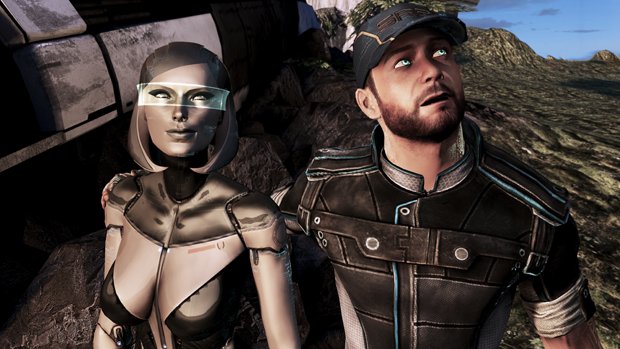
The problem is that, from a development and writing perspective, endings that need to both reflect player choices and be retroactively slotted into a potential sequel’s opening are also a total pain in the arse:
“If a sequel can be built to cater for everyone’s personal choice at the close of the previous game then that’s amazing,” explains Porter, “but it’s also a huge logistical challenge that will impact lore, art, cinematics, character presence and perhaps even gameplay. To make this work you need a BioWare-style over-arching network of pre-existing plans and systems that are intended to span a sequence of games from their very inception.
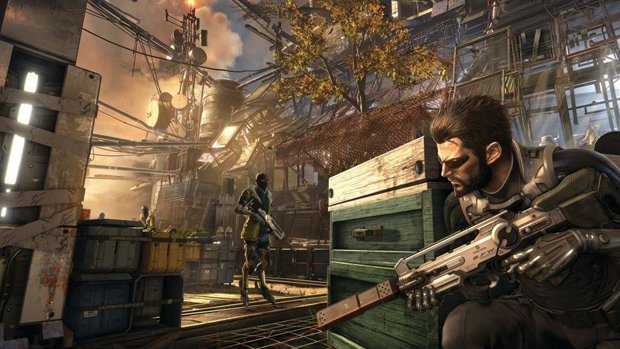
“The issues of all this are doubled down in Deux Ex games that, by the franchise’s very nature, tend to change the direction of human existence in every game’s final minutes. Add into all this the fact that DX:HR is a prequel that leads into a Deus Ex that’s already canon, and the game’s lore might have to stick even tighter to the rails.”
Sign up to the GamesRadar+ Newsletter
Weekly digests, tales from the communities you love, and more
It seems, then, that Eidos Montreal was caught in a bind - perhaps keeping a beloved storyline intact was more important than letting players forge their own. Or perhaps an ending is less important than it seems.
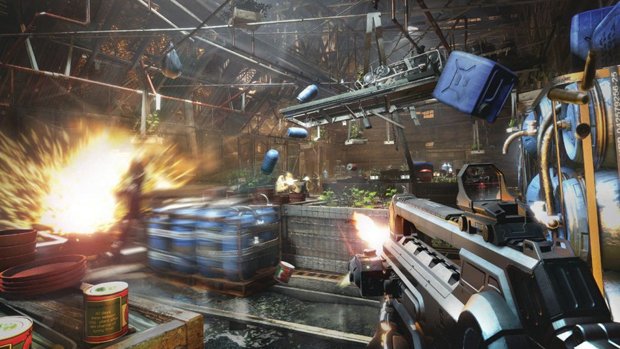
Even if you refuse to accept the solid gold fact that all of its possible conclusions were a bit crap, Human Revolution was never really about the end product of your time with the game. Its best choices were ones of action vs. stealth, lethality vs. humanity. It was a game that thrilled in the moment, rather than upon seeing results. In a medium built on moment-to-moment choices, games writing becomes more of a funnel for the player, a way to invisibly help them along - whether that’s by creating something exciting enough that you want to carry on or understandable enough that you know how to carry on.
Porter sees games writing as much as a support mechanism for development as it is a driving force: “Outside outlandish cut-scenes and the like, narrative isn’t quite as big, spectacular and expensive as everything else that goes into a typical AAA game – and as such is more malleable. Things change during a game’s development, and they generally change to ensure that the game provides consistent fun. Should the development train change tracks (or skip a whole part of its journey for whatever reason) it’s up to the writers to consistently adapt to the new surroundings. It’s a puzzle that changes from week to week.”
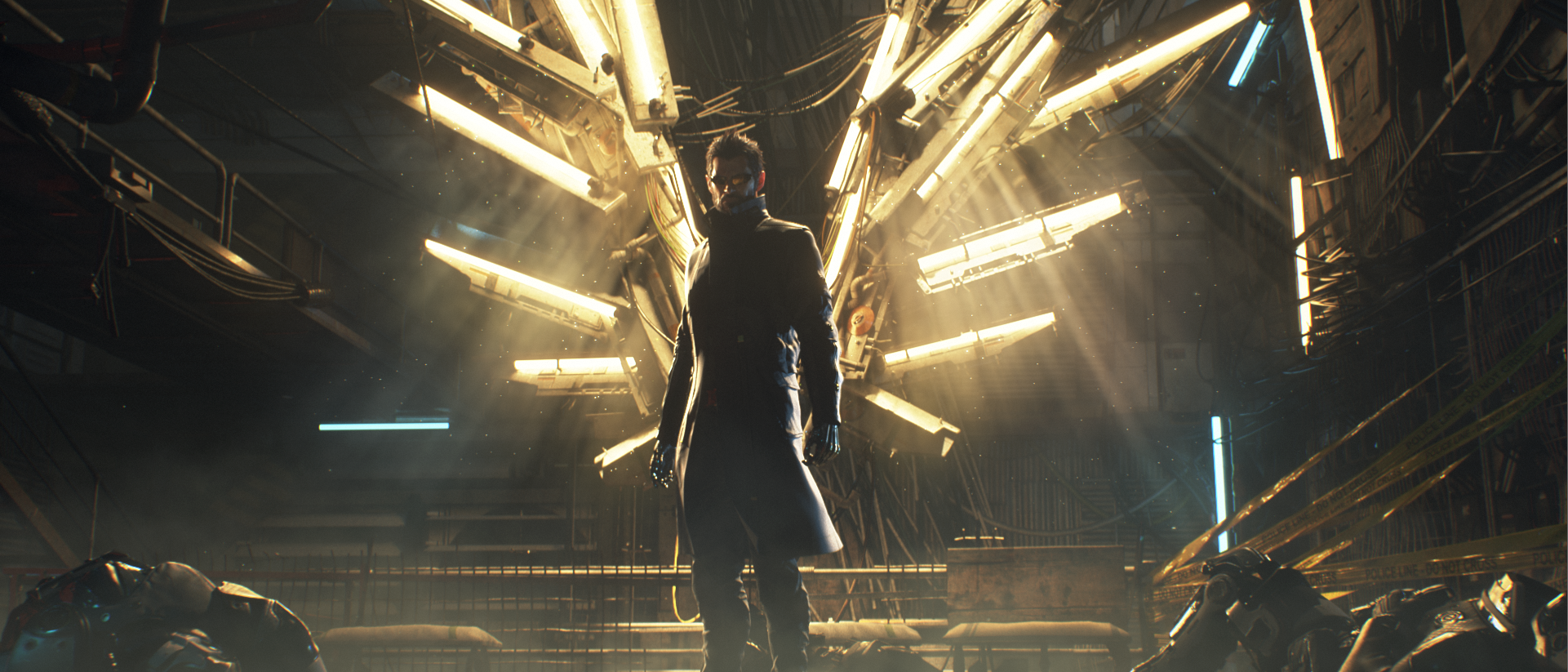
To hijack that train metaphor for a second, an ending’s just the terminus of that track. It is, by its very nature, the moment at which all choice is forcibly taken out of your hands, no matter how changeable the final cutscene might seem. If I was going to be academic about it, I’d say that game writing’s true use lies in how it surrounds you, rather than to where it directs you. If I was going to be a bit more artsy about it, I’d say that it’s all about the journey, not the destination, man. If I was going to be lazy about it, I’d say “chill, dude”.
But that absolutely doesn’t devalue the power of an ending.
To my mind, one of the greatest in gaming history came with Capcom’s pseudo-western RPG, Dragon’s Dogma. Without spoilers (primarily because you absolutely have to play it through to understand what the hell’s going on), it’s a gloriously insane thing, simultaneously placing almost every major character and action in the game in a new light and putting paid to the many, many accusations that the game was a copycat Tolkien-tale.
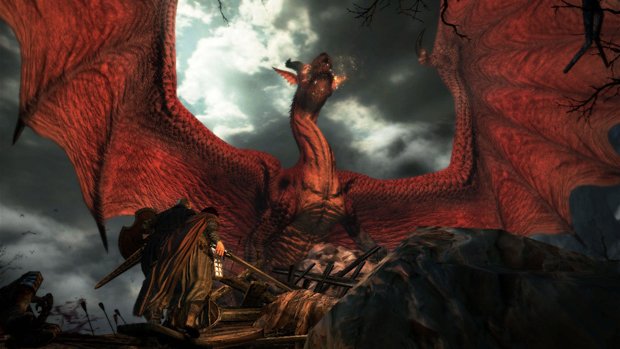
It was also, essentially, a massive post-credits sequence. The game “finishes” with a brilliant, if predictable, boss battle - the hero wins and the credits roll. Many players will have turned the game off at this point, sighing with easy if underwhelmed satisfaction - missing the fact that there was a good 10-15 hours more gameplay and the best part of the storyline still to come.
In a way, this says everything there is to say about the subject. A good ending is an indulgence - writers know that comparatively few players will finish their game. It’s the reason we see setpieces, abilities and character reveals frontloaded in most AAA projects - it’s also the reason that a particularly good ending is so special. It means that a team has laboured over it, that they wanted - not needed - to show you something you never expected.

Human Revolution's great strength wasn't its ending. If anything it was a sop to those wanting more of the first game’s similar trick. If a newly changed conclusion retcons that game into something even more special, creates a jumping-off point for another spectacular journey, I am absolutely fine with that.
And, as Porter points out, this kind of discussion might be exactly the point: “Mankind Divided may well be pulling the same trick as Invisible War by amalgamating all of the previous game’s endings. We just don’t know, and as such probably shouldn’t judge. In my humble opinion Eidos Montreal has already more than proved itself as a worthy curator of Deus Ex - it would seem uncouth to grumble at people whose heart implant was shown as being inserted in exactly the right socket last time round.”
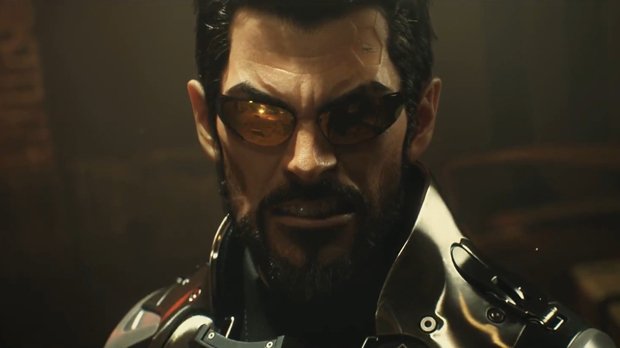
That people are upset by the news at all says a great deal. It says that Human Revolution did a good enough job to make us feel like we wanted some agency in its world, but I’d contend that a cleaner ending is more useful, a way for the new game to take off on its own terms - hopefully leading to its own special conclusion. An ending might not be as important a concern in game development, but it’s something we crave nonetheless. Porter sums it up in appositely writerly fashion: “I think it’s the moment-to-moment stuff that often lives longer in the memory, but people need an end point. End points are, sadly, what life is all about – and as such things feel somewhat empty without them.”



